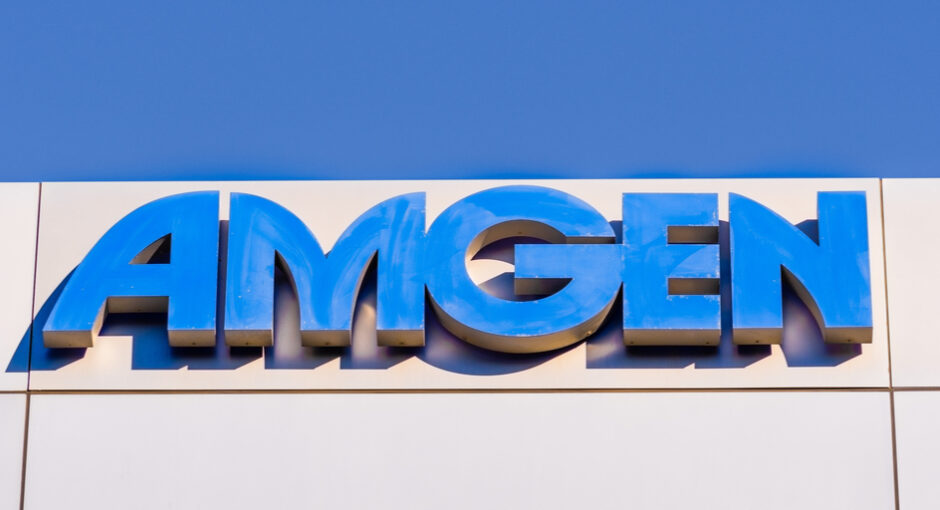Biopharmaceutical manufacturer Amgen yesterday became the 10th drug manufacturer to sue the federal government over the government’s position that the 340B statute requires drug companies to provide 340B-priced drugs to multiple contract pharmacies without conditions.
California-based Amgen filed suit Dec. 19 in federal district court in Washington. It joins AstraZeneca, Boehringer Ingelheim, Lilly, Merck, Novartis, Novo Nordisk, Sanofi, UCB, and United Therapeutics in suing in defense of policies that generally limit covered entities to one contract pharmacy if the entities lack an in-house pharmacy. Several of the companies let entities use multiple contract pharmacies in exchange for the entities’ related 340B drug claims data.
Nineteen companies have adopted such policies. Biogen was the latest one, on Dec. 12.
Amgen announced its conditions on 340B pricing when hospitals use contract pharmacies in December 2021. Grantee entities are exempt. The conditions apply to four products—Repatha, Enbrel, Otezla, and Aimovig. Hospitals lacking an in-house pharmacy may designate a single contract pharmacy to dispense the four drugs. Those that submit claims data to the 340B ESP platform may continue to use multiple contract pharmacies.
The U.S. Health Resources and Services Administration informed Amgen in October that its policy was illegal.
“HRSA’s recent letter to Amgen—just like all the other letters—is arbitrary, capricious, and contrary to law,” the manufacturer says in its legal complaint. “The court should declare it invalid and set it aside.”
Amgen argues that the 340B statute does not require manufacturers to provide drugs at the 340B price to an unlimited number of contract pharmacies. HRSA’s violation letter to the company is contrary to the statute “because it is based on the erroneous conclusion that the statute prohibits a manufacturer such as Amgen from placing any reasonable limits on its provision of 340B-priced drugs to contract pharmacies.”
Amgen’s complaint includes two news articles as exhibits—340B Report’s July 2020 article reporting that HRSA said its 2010 contract pharmacy guidance was not legally enforceable, and The New York Times’ September 2022 article about alleged 340B program misuse by an Ohio-based health system at a Richmond, Va., hospital.
Four federal district judges have vacated 340B program violation notices sent to AstraZeneca, Lilly, Novartis, Novo Nordisk, Sanofi, and UT over those companies’ contract pharmacy policies. The courts in Lilly, Novo Nordisk, and Sanofi’s cases held that the companies had no right to impose unilateral, extra-statutory conditions on 340B pricing, and that the government has authority to enforce the 340B statute. However, they struck down the violation letters on different grounds.
The two judges in AstraZeneca, Novartis, and UT’s cases held that the 340B statute does not stop manufacturers from imposing conditions on offers of 340B pricing when entities use contract pharmacies. The judge in the Novartis, and UT’s cases found that the 340B law, however, does not permit all such conditions.
Federal appeals courts have heard all six cases. They are expected to begin releasing their opinions sometime in the new year.
Novartis and UT’s cases began in federal district court in Washington, D.C. BI, Merck, and UCB’s cases were filed in the same court after Novartis and UT’s cases, and all have been stayed pending the appeals court rules in Novartis and UT’s cases. Amgen’s case probably will be stayed too.


